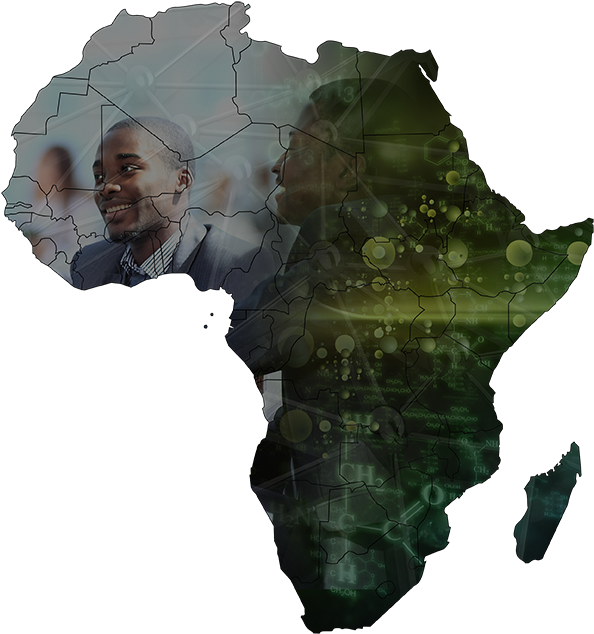
Like much of the world, Africa faces many crises. Two, in particular, threaten the very biosphere, the conditions that make life possible for humans and other species: the climate crisis and catastrophic biodiversity loss. A third crisis is deeply related to the other two: unjustly leaving behind vulnerable individuals and communities in the transition to low-carbon economies and societies.
Despite contributing minimally to global greenhouse gas emissions—accounting for just 3.8% compared to China’s 23%, the US’s 19%, and the European Union’s 13%—Africa is widely regarded as the continent most vulnerable to climate impacts. 17 of the 20 countries most vulnerable to climate impacts are in Africa.
The continent already endures some of the most severe repercussions. Similarly, most African countries are lagging on two key targets of the Convention on Biological Diversity (CBD): improving knowledge and financial resources – risking further degradation and loss of threatened or endangered species and ecosystems. Finally, volatile economies, high unemployment, government inaction, inequality, and other factors – combined with biodiversity loss and climate impacts – across much of the continent create obstacles to A Just Transition for much, if not most, of the population